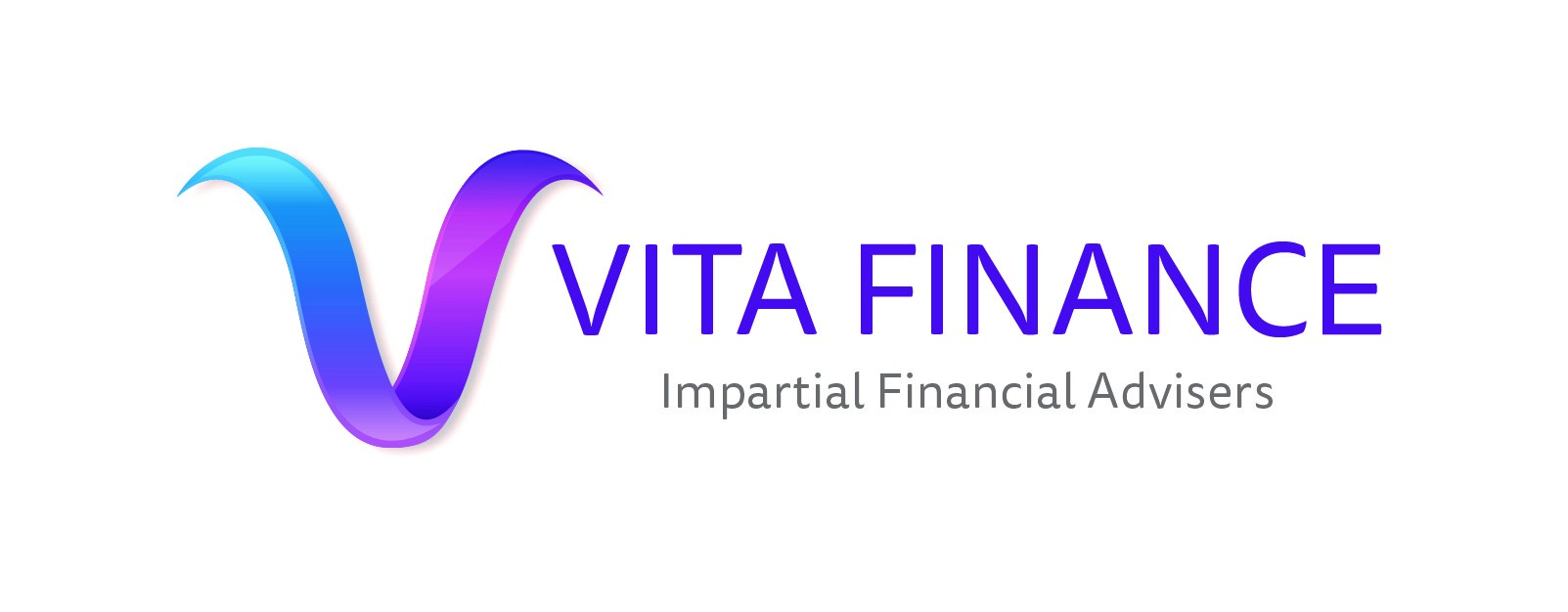Advice in these areas is provided via referral to a third party. We do not provide this advice directly and cannot be held responsible for the services, advice, or outcomes provided by the third party.
Main Menu
- Home
- About Us
- Our Services
- Research Links
- Calculators
- Testimonials
- Privacy Notice
- Contact Us
Give us a call on 01206 242048 or drop us a message
Contact Us TodayWe offer a comprehensive range of mortgage products from across the market. We offer both first and second charge mortgages*, but not deals that you can only obtain by going direct to a lender.
For those seeking to increase their existing borrowing, alternative finance options a may be available and more appropriate for your needs. For example, a further advance from your existing lender or an unsecured loan (e.g. a personal loan)*. For those seeking a ‘Retirement Interest Only Mortgage’*, a ‘Lifetime Mortgage’* may be available and more appropriate for your needs.
*Advice in these areas is provided via referral to a third party. We do not provide this advice directly and cannot be held responsible for the services, advice, or outcomes provided by the third party.
A MORTGAGE IS A LOAN SECURED AGAINST YOUR HOME. YOUR HOME MAY BE REPOSSESSED IF YOU DO NOT KEEP UP REPAYMENTS ON YOUR MORTGAGE OR ANY OTHER DEBT SECURED ON IT.
A Second Charge mortgage is, as the name suggests, a separate and additional mortgage to the homeowner’s main (or first) mortgage.
Second charge mortgages (sometimes known as ‘Homeowner Loans’) are loans which are secured against the borrower’s residential property, and as such, are available only to homeowners. In common with remortgages, second charge mortgages are sometimes used by homeowners to raise money.
When considering a second (‘further’) advance, the lender will take into account the value of the borrower’s home, less any mortgage owed on it. The difference between the two amounts is known as ‘equity’ and provides the lender with security against the loan. If for example, the home is estimated to be worth £300,000 and the amount remaining to be paid on the mortgage is £100,000, the equity is £200,000. In addition to the amount of equity that’s available, the lender will consider the borrowers’ ability to service both mortgages if interest rates were to rise.
By taking a second mortgage, the homeowner will have two mortgages on his or her home. In common with a first mortgage, the borrower’s home will be at risk if he or she fails to keep up the mortgage payments.
When the property is sold, or the homeowner moves to a new home, the amount owing on the first mortgage must be repaid in full before anything is paid off the second mortgage.
Generally speaking, lenders charge a higher rate of interest on second charge mortgages than they do on first or main mortgages. The rate of interest (which may fixed or variable) can also depend on the size and term of the loan, the homeowner’s credit rating and the amount of equity that exists in the home.
Read less

